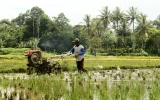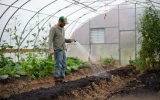Advantages & Disadvantages of Small-Scale Farming Explained
Small-scale farming is a type of agricultural production that is highly diverse and has both advantages and disadvantages. It is an important part of the global food system, and understanding the pros and cons can help inform decisions about the future of farming.
Small-scale farming uses sustainable practices, stimulates local economies, forms relationships between parties, creates a diverse ecosystem, and ensures the welfare of animals. However, small-scale farming produces low yields, is labor-intensive, has low profit margins, and causes environmental degradation.
By using fewer resources and having more control over production processes, small-scale farmers can manage their farms more sustainably. But small farms often lack the resources and economies of scale to compete with larger farms. Continue reading to learn more.
Summary
- Small-scale farming has many advantages, including reduced environmental impact and sustainable practices.
- Small-scale farms typically produce more diverse crops, which can help to maintain or even improve soil quality and biodiversity.
- Small-scale farming has its drawbacks, including low yields and labor intensity.
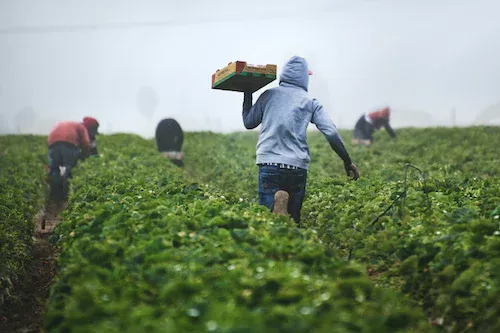
On this page:
Advantages of Small-Scale Farming
Small-scale farming offers many advantages to both the environment and the farmers themselves.
1. Small-scale farming reduces environmental impact
Small-scale farming reduces environmental impacts in a variety of ways. It has been found that small-scale farms typically use fewer resources than large-scale farms, such as water, land, and energy. They also tend to use more sustainable practices, such as crop rotation, no-till farming, and organic fertilizers, which reduce their reliance on chemical fertilizers and pesticides.
Finally, small-scale farms often use fewer machines and equipment, which reduces their fuel and energy consumption. All of these factors make small-scale farming an environmentally friendly and sustainable choice.
2. Small-scale farming stimulates the local economy
Small-scale farming has a huge potential to stimulate local economies, as it often involves marketing and selling locally produced goods and services. This increases the demand for local workers and businesses, who in turn help generate taxable income that can be used to fund local services and improve the local infrastructure.
Furthermore, small-scale farms often use local resources, such as land and water, which can help protect the environment and provide employment opportunities for local people.
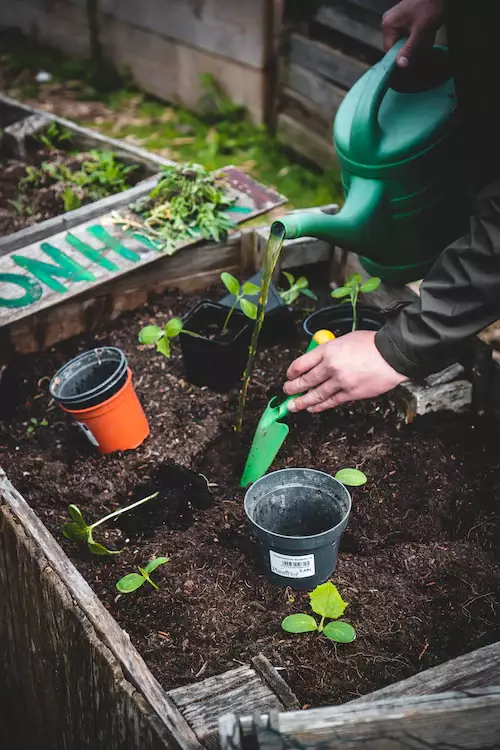
3. Small-scale farming forms close relationships
Small-scale farmers often form close relationships with their customers and suppliers that are beneficial to all parties involved. This creates a more intimate and sustainable relationship, as customers can get to know the farmer and the food they are buying, and the farmer can build strong and lasting relationships with their suppliers.
These relationships are often built on trust and mutual respect, resulting in a more secure and reliable food system for all. As customers get to know the farmer, they might be more inclined to also invest in their business, further strengthening the relationship and promoting a more sustainable agricultural system.
4. Small-scale farming creates biodiversity
Small-scale farms are more likely to practice crop rotation, creating a more diverse ecosystem that is beneficial for both crop growth and the environment. This practice also leads to greater biodiversity and more resilient soil, allowing for better crop growth in the long term.
Additionally, crop rotation helps support the environment by naturally restoring soil fertility, reducing the need for chemical fertilizers, and limiting runoff. As a result, small-scale farms that practice crop rotation are more likely to have high yields, better soil health, and a healthier ecosystem.
5. Small-scale farming ensures animal welfare
Animal welfare is typically given more attention on small-scale farms, ensuring that animals are well taken care of. They can give animals more individual attention and care, allowing them to provide better nutrition, more humane treatment, and an overall better quality of life.
Additionally, smaller farms tend to have the ability to rotate pasture more often, allowing animals to graze on fresh vegetation, aiding in their overall well-being.
6. Small-scale farming offers better quality of life
Small-scale farmers often have a better quality of life, as they can spend more time with their families and communities. They can take part in activities such as hunting, fishing, and gathering, which give them food and leisure and allow them to have a sense of purpose.
7. Small-scale farming uses sustainable practices
Small-scale farmers are more likely to practice sustainable farming methods, such as using natural fertilizers, crop rotation, and integrated pest management. These sustainable farming methods not only benefit the environment by reducing the use of chemicals, but they also ensure that the crops are healthy and of high quality.
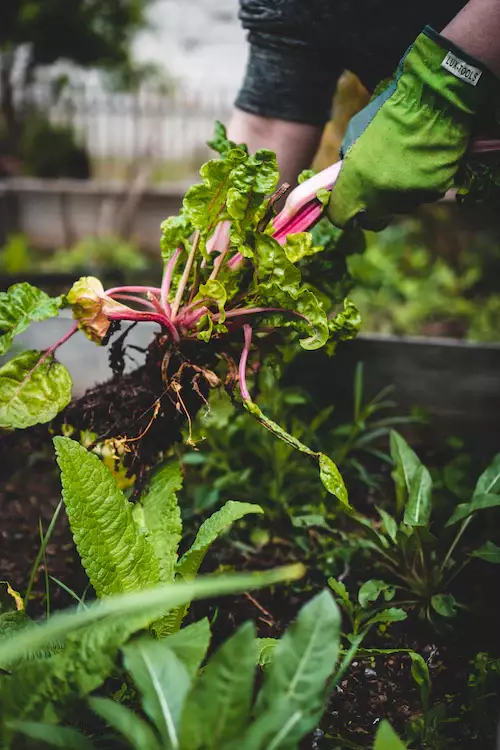
Disadvantages of Small-Scale Farming
Small-scale farming can be an important part of a rural economy, but it also has its drawbacks.
1. Small-scale farming produces low yields
Small-scale farms typically produce lower yields than large-scale farms due to a lack of resources, such as land, technology, and capital. Many small-scale farms rely on manual labor, limiting the number of acres that can be cultivated and the amount of time that can be devoted to each task. Small-scale farmers may have limited access to modern farming techniques and technologies, as well as inputs such as fertilizer and irrigation.
2. Small-scale farming is labor-intensive
Small-scale farming requires a lot of labor from the farmer, family, and employees. Small-scale farmers must be prepared to do everything from planting and weeding to harvesting and packaging, often with the help of family members or hired employees.
3. Small-scale farming lack access to capital
Small-scale farms often lack access to the capital needed to purchase land, equipment, and inputs. This lack of access can make it difficult for small-scale farmers to compete in the agricultural industry, as they may lack the resources to produce a crop or livestock at the same level as larger farms.
This lack of access to capital can create a cycle of poverty for small-scale farmers, as they are unable to invest in the resources needed to increase their profitability.
4. Small-scale farming has limited access to markets
Small-scale farmers may have difficulty accessing markets due to their lower production volumes. This can lead to small-scale farmers feeling as though they are unable to compete in the market and may be forced to sell their produce at lower prices to make a sale.
5. Small-scale farming reduces resilience
Small-scale farms may be less resilient to natural disasters and market fluctuations due to their limited resources. When natural disasters like floods, droughts, or storms occur, small-scale farms are often more affected because they lack the resources to adequately prepare and respond.
Similarly, they also lack the capital to adequately adapt to market changes, meaning they can be more easily affected by market fluctuations, leading to decreased profits and potential bankruptcy. In addition, small-scale farms are often more dependent on local markets, giving them even less control over their economic future.
6. Small-scale farming has low profit margins
Small-scale farms often have lower profit margins due to their limited economies of scale. These farms are usually smaller in size, and their production output is limited. These farms may also be subject to higher transportation costs due to the smaller amounts of product they can ship at one time. As a result, they tend to have lower profit margins than their larger-scale counterparts.
7. Small-scale farming causes environmental degradation
Small-scale farms may cause more environmental degradation than larger farms due to their lower efficiency. They tend to use less efficient farming methods and equipment, meaning more resources are used to achieve the same output.
Small-scale farms are also more likely to use less sustainable farming practices such as heavy tillage, overgrazing, and excessive use of synthetic fertilizers, leading to increased soil erosion, water pollution, and air pollution. In addition, small-scale farms often lack the resources to invest in renewable energy sources, meaning they are reliant on fossil fuels to power operations.
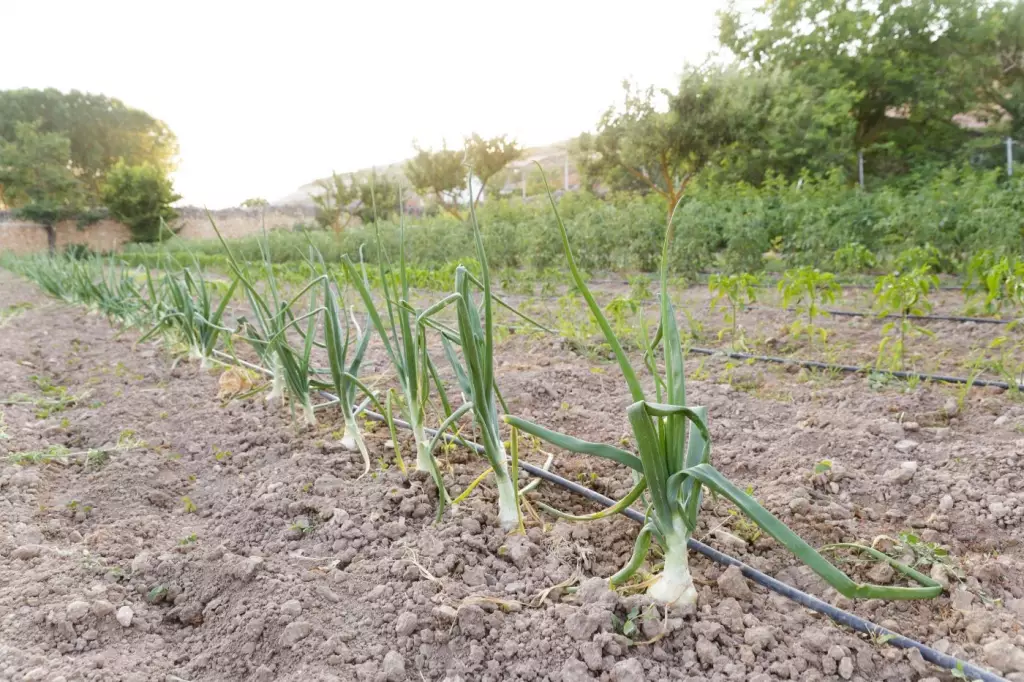
What Exactly is Small-Scale Farming
Small-scale farming is a type of agricultural production that is done on a smaller scale than traditional commercial farming. This type of farming is often done by a single family or a small group of people, and is characterized by the limited use of large-scale machinery and inputs such as fertilizers and pesticides.
Small-scale farming typically utilizes labor-intensive methods, such as manual labor or animal labor, and focuses on producing food for local consumption or sale at local markets.
